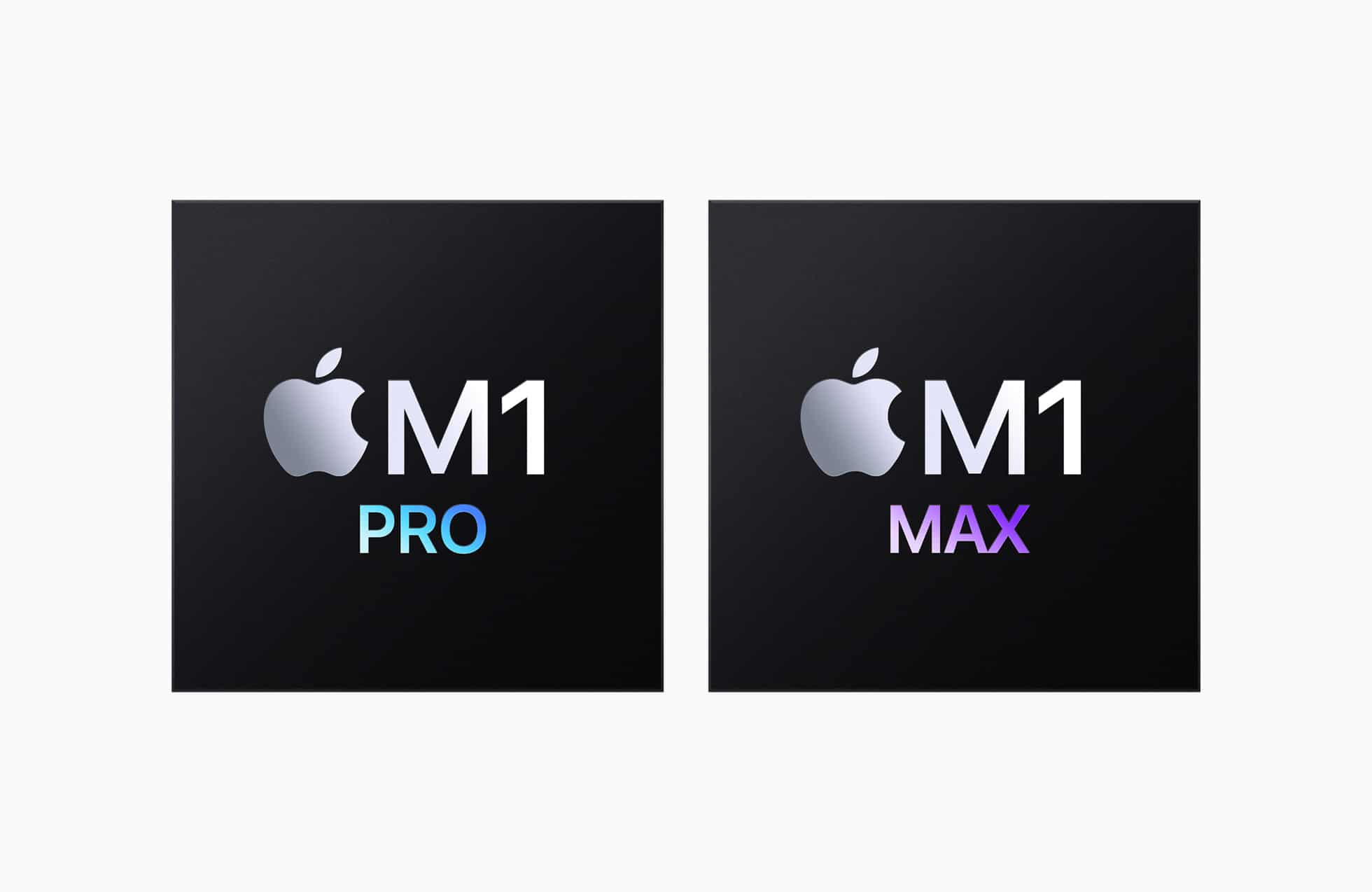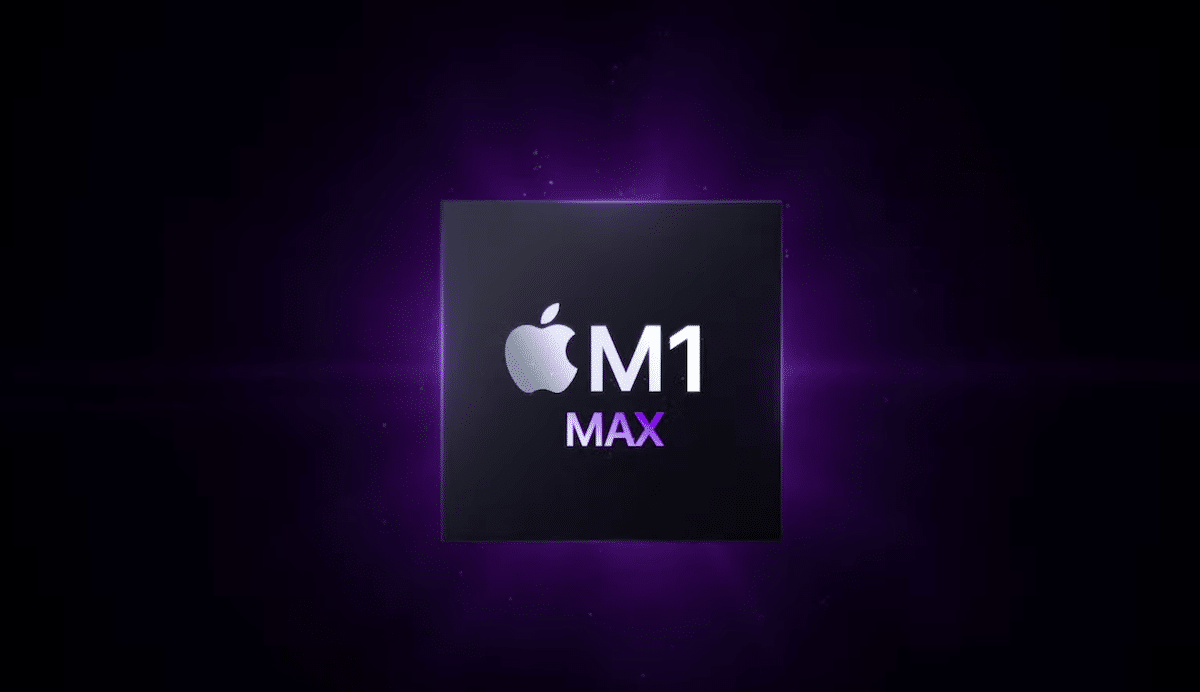Apple has announced its new M1 Pro and M1 Max chips for professional customers. These new chips are powerful beasts and feature 10 core CPU, up to 32 core GPU, up to 64GB of unified memory, ProRes support, and more. These chips provide up to 70% faster CPU performance when compared to the M1 chip. In terms of GPU performance, the M1 Pro is 2x faster than M1, while the M1 Max chip is 4x faster than M1.

M1 Pro and M1 Max also redefine memory performance. M1 Pro supports 200GB/s memory bandwidth for up to 32GB unified memory, while M1 Max supports 400GB/s memory bandwidth for up to 64GB unified memory. This makes the M1 Max 2x faster than the M1 Pro, and 6x faster than the M1. To support professional workflows, these chips feature dedicated media engines and accelerators that support ProRes for video editing.

M1 Pro
M1 Pro’s specifications are as following:
- 5nm process
- 33.7 billion transistors
- 10 core CPU
- Up to 16 core GPU
- 16 core Neural Engine
- 200GB/s memory bandwidth
- Up to 32GB unified memory
- Thunderbolt 4
- New display engine which supports up to two external displays with 6K resolution at 60Hz at over a billion colors
These specifications make it 1.7x faster than the latest 8-core CPUs in competing laptops while using 70% less power. When compared against discrete GPUs in competing laptops, M1 Pro provides more performance, while still using 70% less power. This gives the chip amazing efficiency, allowing for longer battery life.

M1 Max
As if the M1 Pro did not leave everything else in the dust, Apple went ahead to announce a beefier M1 Max chip. Here are its specifications:
- 5nm process
- 57 billion transistors (70% more than M1 Pro!)
- 10 core CPU
- Up to 32 core GPU
- 16 core Neural Engine
- 400GB/s memory bandwidth
- Up to 64GB unified memory
- Thunderbolt 4
- New display engine which supports up to three external displays with up to 6K resolution and one external display with up to 4K resolution at 60Hz at over a billion colors
The CPU in M1 Max is the same as M1 Pro but the more powerful GPU uses 40% less power than high-end GPUs in competing laptops.
Both these new powerful chips have dedicated silicon for ProRes video encoding and decoding while staying highly efficient. M1 Pro supports playback of multiple streams of high-quality 4K and 8K ProRes video, while M1X can transcode ProRes video 10x faster than the fastest Intel chip in the previous 16-inch MacBook Pro.
Alongside the aforementioned features, these new chips feature Apple’s security features like Secure Enclave, hardware-verified secure boot, and runtime anti-exploitation, as well as a custom image signal processor that enhances the photos and videos captured from the built-in camera in the new 14-inch and 16-inch MacBook Pro models.